After better-than-expected inflation figures and the desire to shed his party’s reputation as overseeing the biggest increase in the tax burden since the Second World War, for businesses the Chancellor:
– made full-expensing of capital expenditure a permanent feature of the UK tax framework
– confirmed the planned start date of 1 April 2024 for a Research & Development (R&D) single scheme
– the reform of various audio-visual creative reliefs.
Full expensing
Full expensing was introduced on 1 April 2023, and enables companies to obtain 100% tax relief on qualifying main rate plant and machinery expenditure (special rate pool expenditure attracts a 50% allowance). The government’s clear intention is to drive business investment against a background of sluggish growth and stubbornly low productivity, but the fact remains that all but the largest businesses were already benefitting from an effective 100% write off of capital expenditure through the Annual Investment Allowance. Relatively few businesses routinely incur more than £1m of qualifying capital expenditure in an accounting period, so the overall practical effect of permanent full expensing may be less than the Chancellor cares to admit.
Research & Development reliefs
The Chancellor also confirmed that the planned “simplification” of R&D reliefs would go ahead, with the Small and Medium-sized Enterprise and large company R&D Expenditure Credit schemes being combined into a single RDEC-style regime. Concerns had been raised by both industry stakeholders and the professional bodies over the short timescale provided for the transition to a single scheme, however, there is to be no delay to the original planned start date of 1 April 2024. The merged scheme will provide a taxable credit of 20% of qualifying R&D expenditure, although R&D intensive companies will continue to be able to claim a payable credit at the rate of 14.5%. The concept of an “R&D intensive” company was introduced from April 2023, and applies where at least 40% of the company’s total expenditure relates to R&D. The knowledge intensive percentage is to be reduced from 40% to 30% from 1 April 2024, and a one-year period of grace will also be introduced to enable companies to continue claiming under the payable credit regime where the intensity threshold is not met for some temporary purpose. The government’s ongoing commitment to generous R&D reliefs will be welcomed by business, although this is a notoriously complex area of tax legislation which a sceptic may feel does not lend itself well to wholesale (and rapid) change.
Audio-visual creative tax reliefs
It isn’t often a chancellor gets to reference Barbie during an Autumn Statement, so one can forgive Mr Hunt for not resisting the temptation when announcing the reform of various audio-visual creative reliefs. These reliefs will be switched to expenditure credits from 1 January 2024, similar to the RDEC, with credit rates ranging from 34% for films, high end TV and video games to 39% for children’s animation. Again, the commitment to incentives for the creative industries will be a welcome boost to support film and TV production, even if there is concern over the relatively short timescale over which changes are being made.
